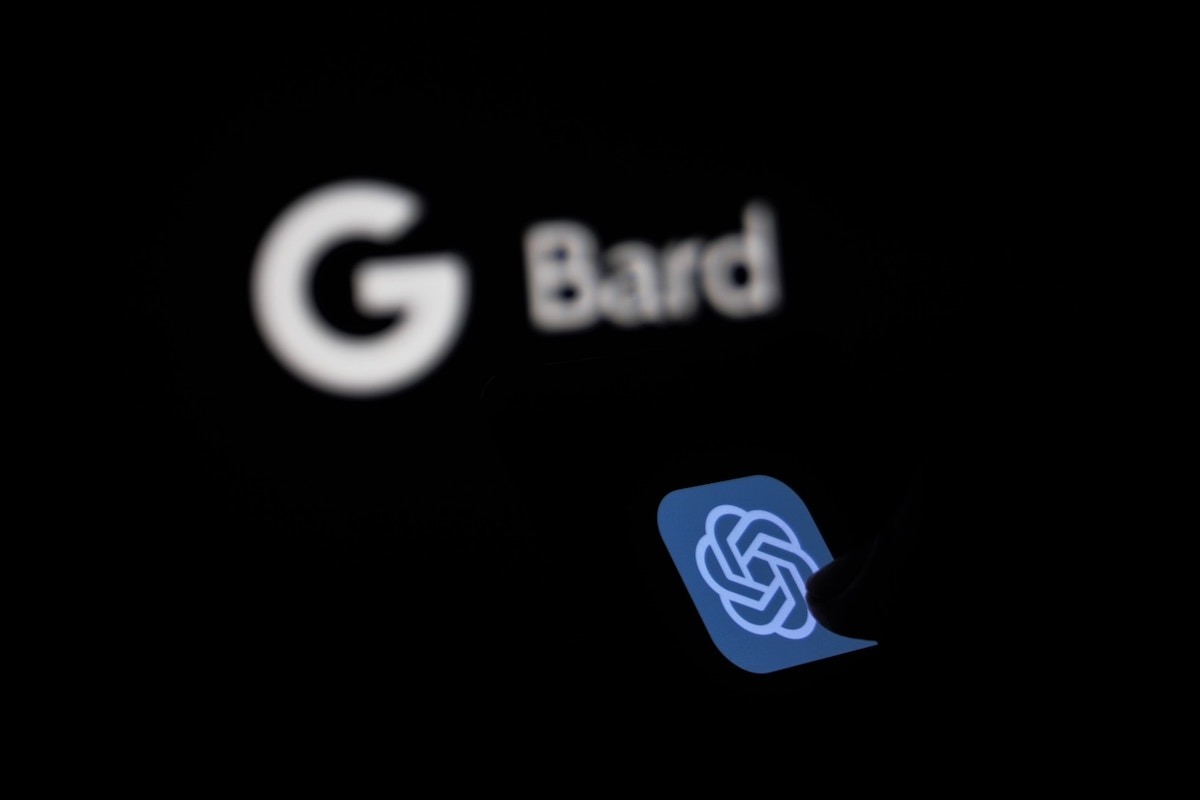The evolving realm of technology and business operations has witnessed a transformative influence through intelligent automation. As we enter 2023, it becomes clear that numerous developments are molding how enterprises adopt automation, amplifying effectiveness, expandability, and client satisfaction.
In this article, we’ll explore the top 10 trends redefining intelligent automation in the current year.
For more information on intelligent automation services and how they benefit your business, you can explore intelligent automation services.

What is Intelligent Automation?
Intelligent automation is the amalgamation of artificial intelligence (AI) and automation technologies to streamline and optimize various business processes. It involves utilizing advanced algorithms, machine learning, and robotics to execute tasks with minimal human intervention, resulting in improved productivity and reduced errors.
Latest Intelligent Automation Trends in 2023
Adoption of RPA across Businesses
Robotic Process Automation (RPA) has gained significant traction across industries. RPA involves using software robots or “bots” to perform repetitive and rule-based tasks. Its scalability and accuracy have led to enhanced process efficiency and cost savings for businesses.
Rising Significance of Low-code and No-code Platforms
Low-code and no-code platforms empower organizations to create custom automation solutions without extensive coding knowledge. These platforms enable business users to build applications, workflows, and processes, accelerating development and deployment times.
Dominant Implementation of Generative AI
Generative AI is making waves in automation by enabling machines to generate content autonomously. This technology finds applications in content creation, design, and even software development. Its ability to produce high-quality, contextually relevant content is revolutionizing industries.
Emergence of Collaborative Robots
Collaborative robots, or “cobots,” are designed to work alongside humans in a shared workspace. Their safety features and adaptability make them invaluable in tasks requiring human dexterity and machine precision, transforming industries like manufacturing and healthcare.
Continuous Testing in DevOps CI/CD Automation
Continuous Integration and Continuous Deployment (CI/CD) pipelines are essential for software development. Automation of testing processes within these pipelines ensures quicker identification and resolution of issues, enhancing software quality and reducing time-to-market.
Growing Impact of Extended Intelligence
Extended Intelligence, a concept that combines human expertise with AI capabilities, is becoming more prevalent. This trend enhances human decision-making by providing AI-driven insights and recommendations, resulting in informed choices and better outcomes.
Increasing Adoption of NLP Technology and Conversational AI
Natural Language Processing (NLP) and Conversational AI are transforming customer interactions.
Chatbots and virtual assistants equipped with NLP can understand and respond to human language, providing personalized and efficient customer support.
Accelerated Uptake of Intelligent Automation in SMBs
Small and Medium-sized Businesses (SMBs) recognize the benefits of intelligent automation. With solutions becoming more accessible and affordable, SMBs are leveraging automation to optimize operations, increase competitiveness, and fuel growth.
IA Addressing Staffing Shortages
Intelligent automation is bridging the gap caused by workforce shortages in certain industries. By taking over mundane tasks, automation allows human employees to focus on higher-value activities that require creativity and critical thinking.
Sustainable Automation through Process Assessment and Discovery
Businesses prioritize sustainability by implementing automation only after thorough process assessment and discovery. This approach ensures that automation targets the right processes, maximizing its impact on efficiency and reducing unnecessary resource consumption.
By infusing work processes with intelligent business process automation, companies can enhance human+machine collaboration, leading to more innovative and transformative work. To stay updated on the latest developments, visit the main page of Reenbit.
Intelligent Automation Services Predictions 2023
As we move forward, keeping a keen eye on the future trends in process automation will be essential for businesses to remain competitive and streamline their operations. Companies are expected to offer more tailored solutions, combining different automation technologies to address specific industry needs. Additionally, integrations with IoT (Internet of Things) and edge computing will enhance automation’s potential, enabling real-time data-driven decisions.
In conclusion, the trends shaping intelligent automation in 2023 underscore the transformative power of technology in optimizing business operations. From the widespread adoption of RPA to the emergence of collaborative robots, these trends redefine how industries operate, deliver value, and interact with customers. As businesses embrace automation, staying updated with these trends will be crucial for maintaining a competitive edge in today’s dynamic landscape. New automation technology is a testament to human ingenuity and our ability to shape the future.
We highlighted the latest trends in automation, showcasing advancements in AI integration and robotics. Keep your finger on the pulse of these trends to drive innovation and success in your organization’s automation journey. Intelligent automation is not just a technology; it’s a strategic approach that can reshape your organization’s future.





















